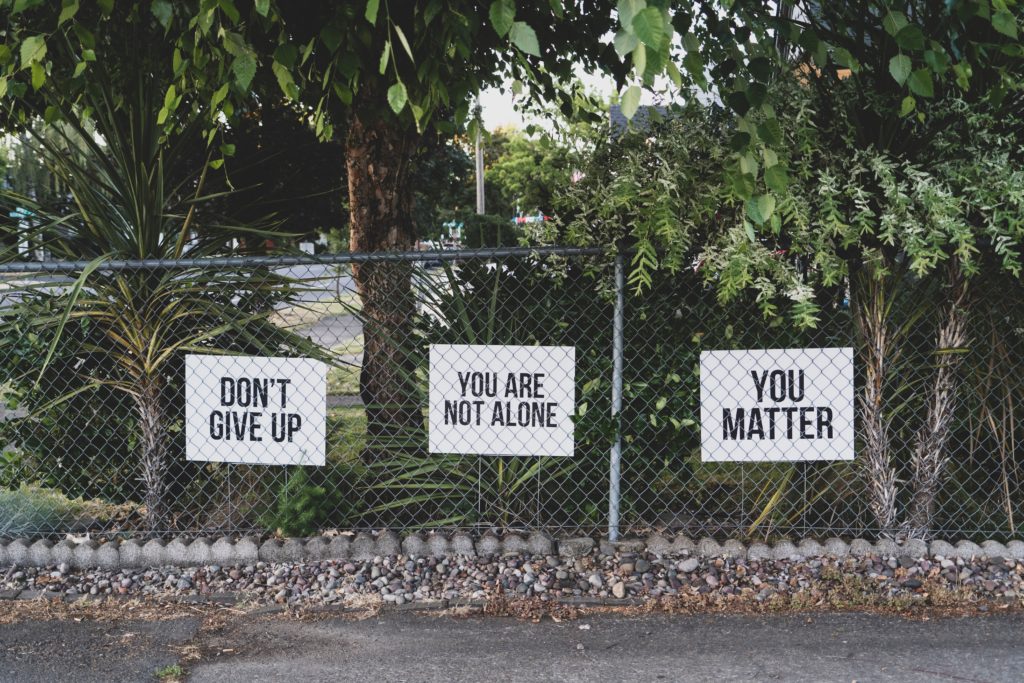I will be there for you. Will you be there for me?
Reaching out to your loved ones, family, friends or colleagues to talk about mental health is a good challenge to have on a Friday afternoon. It made me think a lot about the way I usually approach people when they come to me with a problem. I get into the mode “let’s find the solution”, but the trick is to think that there is no expectation that you need to fix something.
A few days ago I took part in my first talk about mental health with Six Connections and I am grateful that The Information Lab provides us with these opportunities.
And it was really helpful for me to learn more about this.
First of all, I want to reflect on the fact that words like mental health and wellbeing mean the same thing, but for some reason the first one has a negative perception while the second one a positive one. This is definitely creating a stigma around the concept of mental health and probably part of the reason why people are scared and do not want to talk about it.
While talking about it can be the solution!
Anyhow, what did I learn from this session on Mental Health?

The 6 key takeaways
- There is no better conversation starter than you: asking open questions like how are you feeling can be great if you sit down and listen to the other person
- What does the other person need? Think about the other person in front of you, understand what they are going through and put yourself in their shoes
- What is the best that can happen? Rather than worrying about “But what if…?” you say something wrong, bring your spirit to the positive thinking instead “But what if…!” because you can help the other person to feel better – it could also just be a smile that changes the other person’s day!
- The Art of Listening: sit back and listen – that is your job. You cannot fix something if you do not listen to the entire thing.
- You are not the “fixer”, that is not the expectation from the other person that came to you – this will help to just listen without interrupting or without thinking about what’s next. Focus on the person in front of you!
- Me-me-me: think about yourself first. In order to help others you need to feel good, you need to be in a good place! Oh that is so true! It is ok to say “Look, I am at full capacity and I am not at my best right now” if you are unwell yourself.
What’s next for me?
These are the main things I learnt and the challenge is sharing these things with others and start to apply them into my daily life, yes, but also turning the narrative of the concept of mental health into something positive. The question is how? Being open to learning and to listening, normalising these talks, being your true self with others, making them feel safe. Remembering that it is always ok to feel all the feelings.

